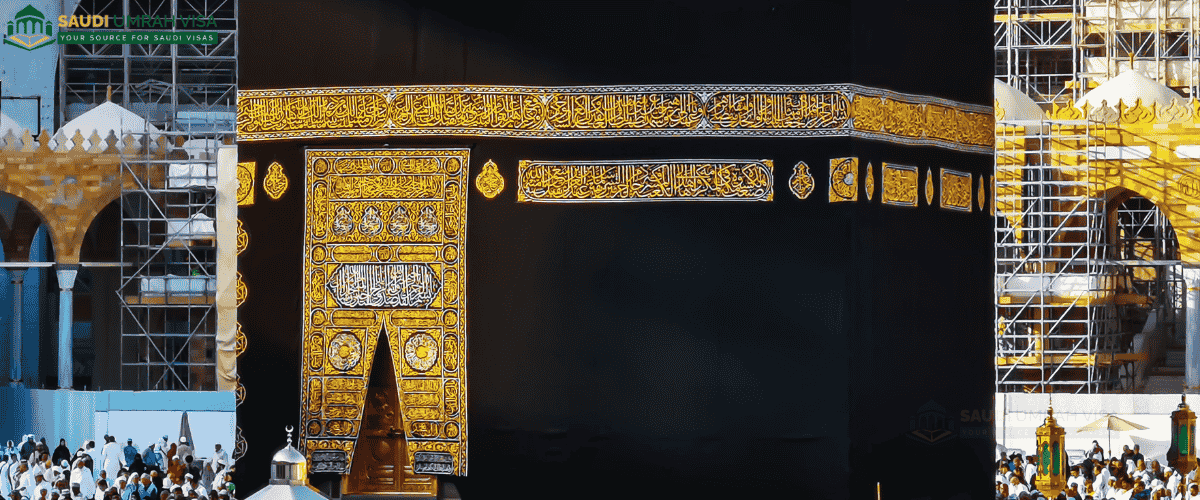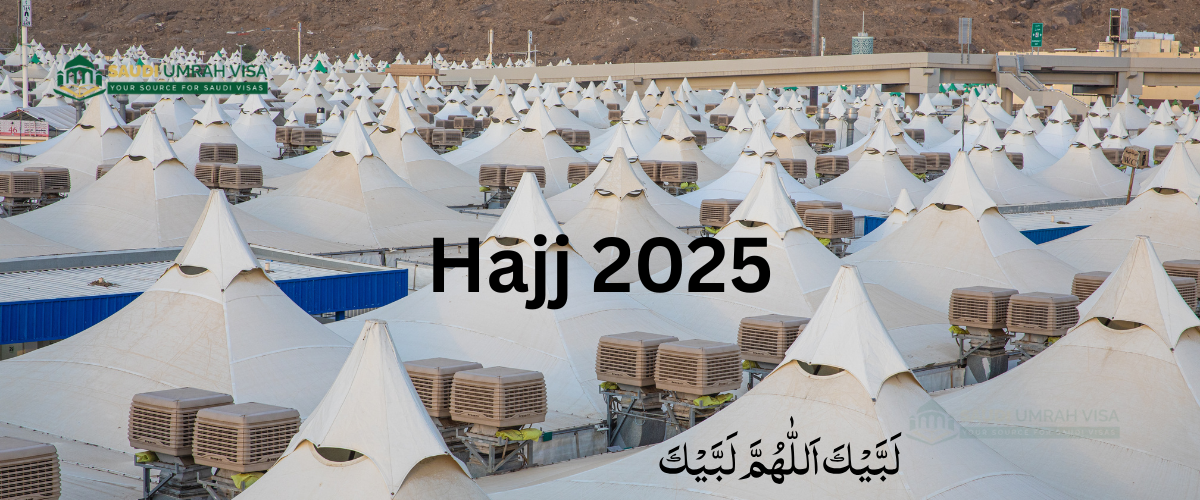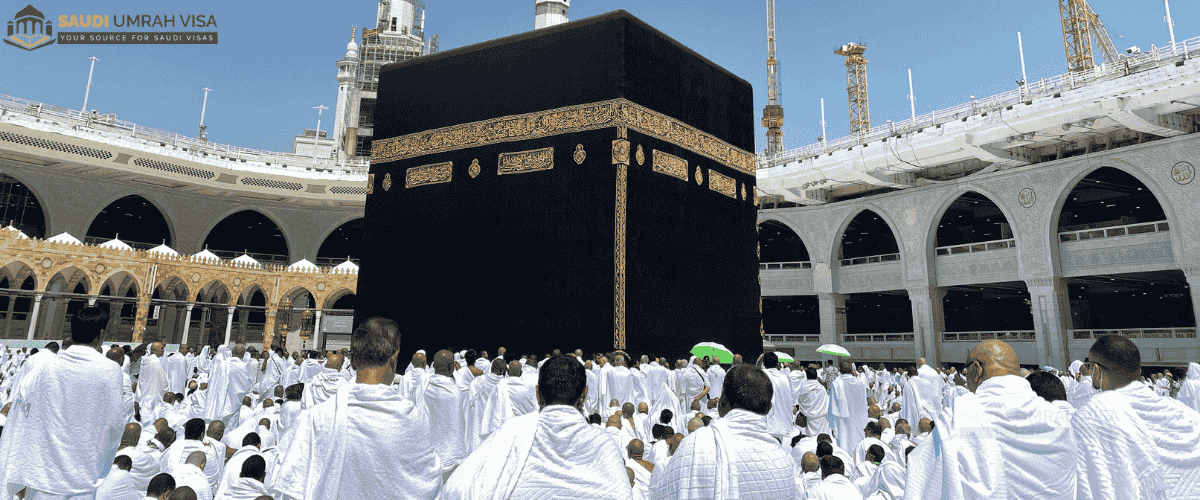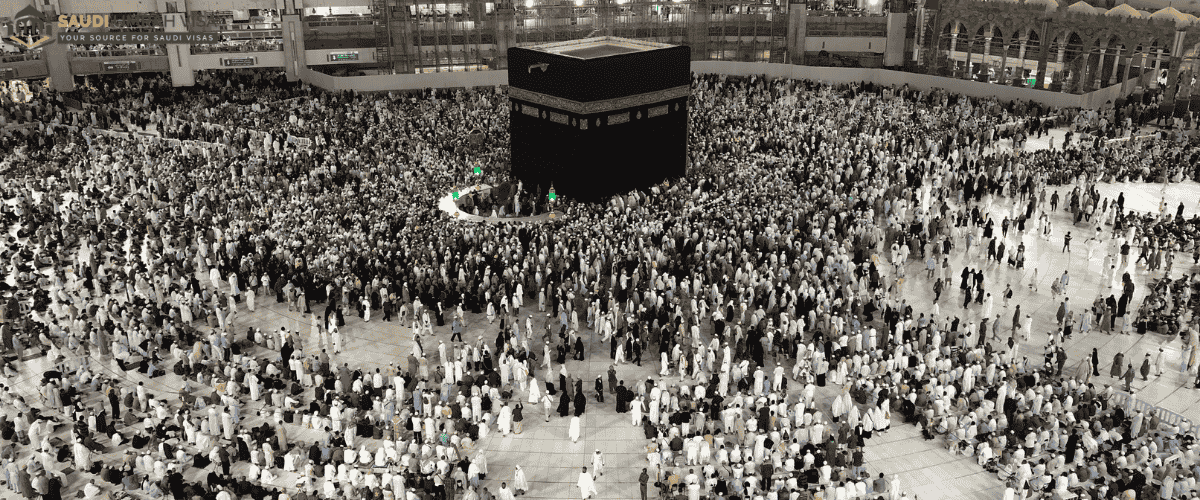Islam, as a religion, places a significant emphasis on acts of worship that strengthen the bond between the believer and Allah. Among these acts, the pilgrimages of Hajj and Umrah stand out as profound expressions of devotion, self-discipline, and submission to the Creator. While both involve traveling to the holy city of Mecca to perform sacred rituals, they differ in terms of their obligations, significance, timing, and rituals.
In this blog, we’ll explore the key differences between Hajj and Umrah, delve into their spiritual significance, and address frequently asked questions to provide a comprehensive understanding of these two important Islamic pilgrimages.
What is Hajj?
Hajj is the greater pilgrimage and one of the Five Pillars of Islam. It is an obligatory act of worship for every financially and physically capable Muslim at least once in their lifetime. Hajj is performed annually in the Islamic month of Dhul-Hijjah, specifically between the 8th and 13th days.
Hajj is a deeply spiritual journey that commemorates the trials and sacrifices of Prophet Ibrahim (Abraham, peace be upon him), his wife Hagar, and their son Prophet Ismail (Ishmael, peace be upon him). Through a series of rituals, pilgrims relive their acts of faith, devotion, and submission to Allah.
What is Umrah?
Umrah, often referred to as the “lesser pilgrimage,” is a non-obligatory but highly recommended act of worship that can be performed at any time of the year. While it involves rituals similar to those of Hajj, Umrah is simpler and less time-consuming. It is an opportunity for Muslims to cleanse their souls, seek forgiveness, and draw closer to Allah.
Although Umrah is not a pillar of Islam, its spiritual rewards are immense. The Prophet Muhammad (peace be upon him) said, “The performance of Umrah is an expiation for the sins committed between it and the previous one” (Sahih al-Bukhari).
Key Differences Between Hajj and Umrah
1. Obligation
- Hajj: Hajj is mandatory for every adult Muslim who is physically and financially able to undertake the journey. It must be performed at least once in a lifetime.
- Umrah: Umrah is not obligatory but is highly recommended as a voluntary act of worship. Performing it multiple times is permissible and encouraged for those who can afford it.
2. Timing
- Hajj: Hajj has specific dates—between the 8th and 13th of Dhul-Hijjah in the Islamic calendar. It cannot be performed at any other time.
- Umrah: Umrah can be performed at any time of the year, making it more flexible for those who wish to visit the holy city of Mecca.
3. Duration
- Hajj: Hajj spans several days, with specific rituals performed on each day. It typically requires at least five days to complete.
- Umrah: Umrah can be completed within a few hours or a day, as it involves fewer rituals.
4. Rituals
- Hajj: Hajj includes a series of extensive rituals:
- Entering the state of Ihram at a Miqat.
- Performing Tawaf (circling the Kaaba).
- Sa’i (walking between Safa and Marwah).
- Standing at Arafat (Wuquf), the pinnacle of Hajj.
- Spending nights at Muzdalifah and Mina.
- Rami al-Jamarat (stoning the pillars symbolizing Satan).
- Offering a sacrifice (Qurbani).
- Shaving or trimming hair (Halq or Taqsir).
- Umrah: Umrah includes fewer rituals:
- Entering the state of Ihram at a Miqat.
- Performing Tawaf.
- Sa’i between Safa and Marwah.
- Shaving or trimming hair.
5. Spiritual Significance
- Hajj: Hajj is a pillar of Islam and represents the ultimate submission to Allah. It is a collective act of worship where millions of Muslims come together, showcasing the unity and equality of the Ummah.
- Umrah: While not a pillar, Umrah offers immense spiritual rewards, serving as a means for the expiation of sins and a chance to renew one’s faith.
6. Social and Economic Impact
- Hajj: Due to its obligatory nature and specific timing, Hajj draws millions of pilgrims annually, creating a massive social and economic impact on the host country, Saudi Arabia.
- Umrah: Umrah attracts a steady stream of pilgrims year-round, contributing to Mecca’s economy and offering Muslims a chance to perform pilgrimage without the time constraints of Hajj.
Spiritual Importance of Hajj and Umrah
Both Hajj and Umrah serve as profound expressions of faith, fostering a deeper connection with Allah. They offer opportunities for:
- Repentance and Renewal: Pilgrims return from both journeys spiritually cleansed, with a renewed commitment to leading righteous lives.
- Unity and Brotherhood: Pilgrims from diverse backgrounds and nations gather in Mecca, embodying the universal message of Islam.
- Submission to Allah: The rituals performed highlight the essence of submission and obedience to Allah’s commands.
- Remembrance of Prophets: Both pilgrimages honor the legacy of Prophet Ibrahim and his family, who exemplified unwavering faith in Allah.
Frequently Asked Questions (FAQs)
1. Can a person perform Hajj and Umrah in the same year?
Yes, a person can perform Hajj and Umrah in the same year. Many pilgrims choose to perform Umrah either before or after completing Hajj, a practice known as Hajj Tamattu.
2. What is the difference between Hajj Tamattu, Qiran, and Ifrad?
- Hajj Tamattu: Pilgrims perform Umrah first, exit Ihram, and then re-enter Ihram for Hajj.
- Hajj Qiran: Pilgrims perform Umrah and Hajj together without exiting Ihram.
- Hajj Ifrad: Pilgrims perform only Hajj without combining it with Umrah.
3. Is it necessary to perform Umrah before the Hajj?
It is not mandatory to perform Umrah before Hajj. However, those who perform Hajj Tamattu or Hajj Qiran include Umrah as part of their pilgrimage.
4. How often can a Muslim perform Umrah?
A Muslims can perform Umrah as many times as they wish, provided they have the means and resources. There is no limit to the number of times one can undertake Umrah.
5. Is Hajj obligatory for women?
Yes, Hajj is obligatory for women just as it is for men, provided they meet the conditions of physical and financial capability. Women are also required to have a Mahram (a male guardian) for the journey unless certain exceptions apply.
6. What happens if someone dies during Hajj or Umrah?
If a person dies during Hajj or Umrah, it is considered an honorable death. According to Islamic teachings, such individuals are rewarded as martyrs and will be resurrected on the Day of Judgment in their state of Ihram.
7. Can children perform Hajj and Umrah?
Children can perform Hajj and Umrah if they are accompanied by their guardians, but it does not fulfill their obligation. Once they reach maturity, they must perform Hajj again if they meet the conditions of obligation.
8. What should pilgrims do if they forget a ritual?
If a ritual is forgotten or missed, pilgrims should consult a knowledgeable scholar or guide. In some cases, compensatory actions, such as offering a sacrifice, may be required.
9. Are there special prayers for Hajj and Umrah?
While specific prayers are not mandated for Hajj and Umrah, pilgrims are encouraged to recite Dua (supplications), Talbiyah, and remembrances of Allah throughout the journey.
10. Can a pilgrim perform Umrah during Hajj season?
Yes, Umrah can be performed during the Hajj season. However, pilgrims intending to perform Hajj must adhere to the specific rituals and requirements of the pilgrimage.
Conclusion
Hajj and Umrah are journeys of a lifetime that offer Muslims unparalleled opportunities for spiritual growth, forgiveness, and renewal. While Hajj is an obligatory act of worship and a pillar of Islam, Umrah serves as a voluntary yet deeply rewarding pilgrimage. Together, they symbolize submission to Allah, unity among Muslims, and a timeless connection to the legacy of the Prophets.
Understanding the distinctions and significance of Hajj and Umrah not only enhances one’s appreciation of these sacred acts but also inspires a deeper commitment to faith. Whether fulfilling the obligation of Hajj or embarking on the voluntary journey of Umrah, pilgrims are reminded of their ultimate purpose: to worship and draw closer to Allah.
May Allah grant every Muslim the opportunity to experience the spiritual beauty of Hajj and Umrah. Ameen.



